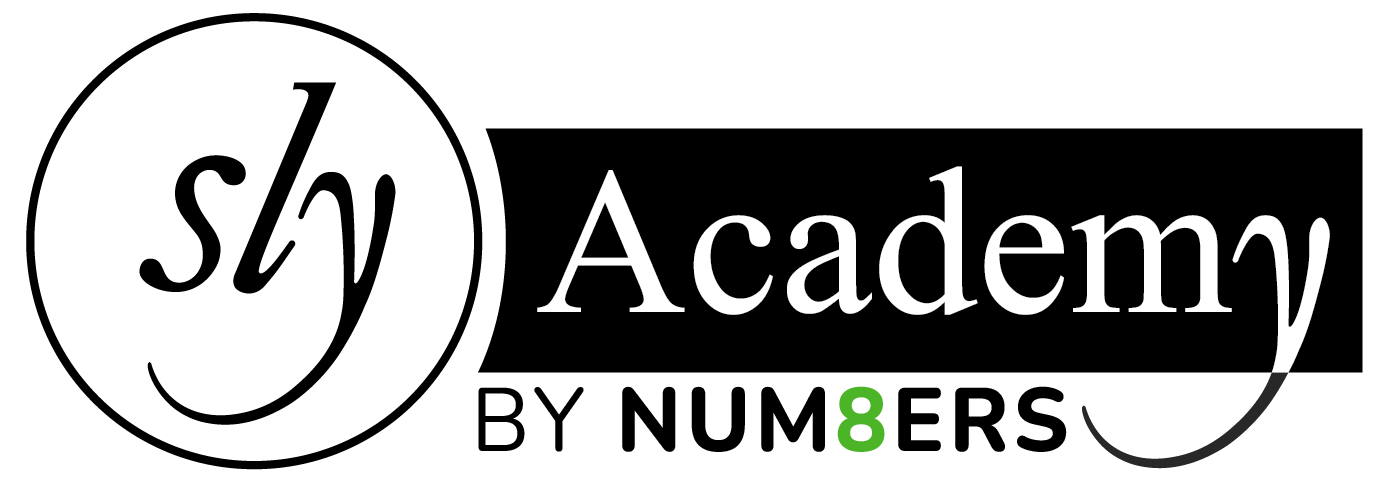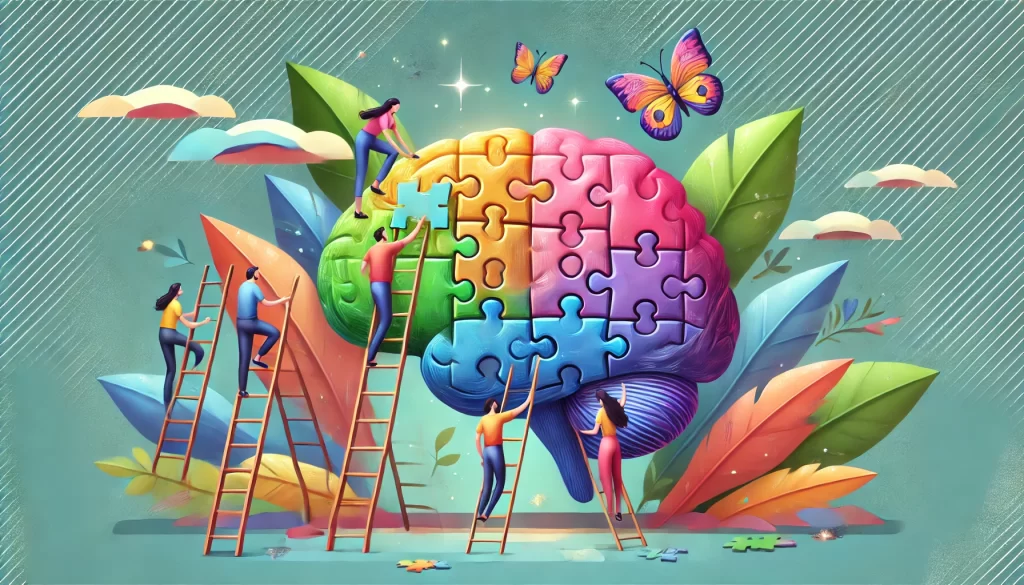Substance Abuse Recovery: What You Need to Know
What Is Substance Use Disorder?
Substance Use Disorder (SUD) is a complex mental health condition characterized by the compulsive use of substances despite harmful consequences. Key signs of SUD include inability to stop using, increased tolerance, withdrawal symptoms, impaired relationships, and neglect of responsibilities. Recognizing SUD is the first step toward recovery, enabling effective treatment strategies to regain control over your life.
Importance of Recovery
Recovery from addiction offers transformative benefits, including improved physical health, stronger relationships, greater self-esteem, and enhanced mental clarity. It fosters a life where you can focus on building a healthier, more fulfilling future.
What Does the Recovery Process Look Like?
Recovery is an evolving journey. It often starts with self-awareness and acceptance of addiction, followed by building a new identity centered on healthy living. Over time, recovery focuses on repairing relationships, taking responsibility, and nurturing your overall well-being.
Understanding Substance Use
Common Substances of Abuse include alcohol, nicotine, opioids, marijuana, benzodiazepines, and more. Each substance carries unique effects and withdrawal challenges, making personalized treatment crucial for sustainable recovery.
Signs and Symptoms of SUD range from physical changes (bloodshot eyes, weight loss) to behavioral symptoms (isolation, defensiveness) and psychological issues (anxiety, paranoia).
Deciding to Seek Help with Your Addiction Recovery
Seeking help can be daunting, but breaking denial and overcoming stigma are essential steps toward healing. Addiction is not a moral failure—it is a medical condition that requires support and treatment.
Recognizing the Problem
Acknowledging addiction is challenging but necessary for recovery.
Overcoming Denial and Stigma
Denial often stems from shame or stigma around addiction. Education and support can help you embrace treatment and pursue healing without judgment.
Find Your Support System
Building a network of trusted family, friends, counselors, and self-help groups can significantly improve recovery outcomes.
Substance Abuse Treatment Options
Comprehensive Treatment Options include:
- Detoxification: Safe, monitored withdrawal from substances in a controlled environment.
- Inpatient Rehabilitation: Intensive care with structured therapy, life skills development, and relapse prevention.
- Outpatient Programs: Flexible treatment for ongoing care while balancing daily responsibilities.
- Therapy and Counseling: Individual, group, and family therapy tailored to maintain long-term sobriety.
The Stages of Recovery
Recovery Stages often include:
- Early Recovery & Abstinence: Focus on stopping substance use, managing withdrawal, and building coping skills.
- Repair & Maintenance: Strengthen sobriety, repair relationships, and create a healthy lifestyle.
- Growth & Relapse Prevention: Develop new life skills, set boundaries, and prevent relapse through continuous self-reflection.
Coping Strategies and Life Skills
Recovery involves learning healthy ways to cope and thrive. Important tools include:
- Stress Management Techniques: Breathing exercises, mindfulness, and guided visualizations.
- Building Healthy Relationships: Form supportive, substance-free connections.
- Nourishing Hobbies and Interests: Rediscover joy outside of substance use.
- Nutrition and Exercise: Build routines for physical and mental health.
The Benefits of Support Groups
Support Groups such as Alcoholics Anonymous (AA) and Narcotics Anonymous (NA) offer essential peer support, shared experiences, and lasting recovery tools. Research supports combining these groups with other treatment programs for long-term success.
The Reality of Relapse
Relapse is Part of the Process
Relapse can happen but recognizing warning signs and creating prevention plans are vital. By managing triggers and maintaining support systems, you can navigate challenges and stay committed to recovery.







